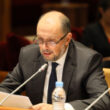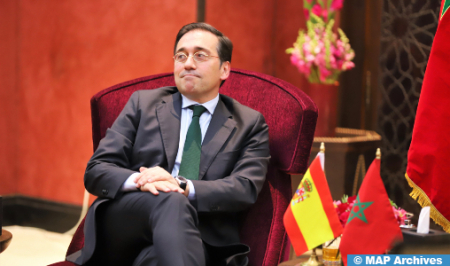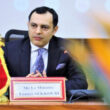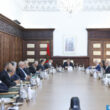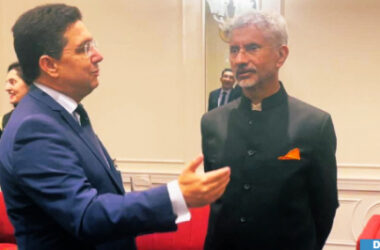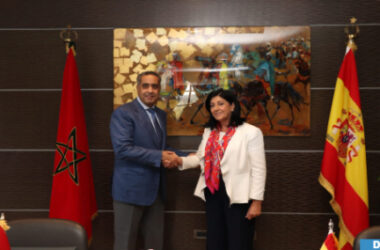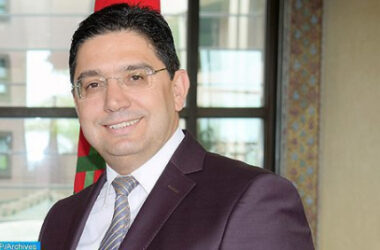“Morocco is a strategic partner, not just any neighbor. You have to have the best relations with its neighbors, in this case Morocco, and that is what Spain has achieved,” Albares stressed during a meeting organized by the newspaper “Las Provincias”.
Last February, Spain and Morocco held in Morocco the first High-Level Meeting (HLM) for 11 years, said the head of Spanish diplomacy, who stressed that it was the meeting that brought together the largest number of ministers from both governments, the one that resulted in the largest number of agreements, a total of 20.
In this regard, Albares stressed the importance of cooperation between the two countries in various areas.
“If we take chapters as important as trade, we have reached the record figure of 20 billion euros of exchanges, 11,000 Spanish companies export to Morocco, 1100 companies installed in Morocco,” he said.
In the joint management of the phenomenon of irregular migration, the Spanish responsible indicated that “all the European routes are increasing in an exponential and unthinkable way, with 305% via Italy, 95% via Greece, and an average drop of 75% through the Canary Islands and Andalusia”.
On the basis of the new roadmap, adopted on April 7, 2022, on the occasion of the visit of the Spanish Prime Minister Pedro Sanchez to Morocco at the invitation of HM King Mohammed VI, the two countries have committed, among other things, to address issues of common interest in a “spirit of trust and consultation”, while reactivating the working groups set up between the two countries to revive multi-sectoral bilateral cooperation.
In the Joint Declaration that crowned the work of their 12th High-Level Meeting, held on February 1 and 2 in Rabat, Morocco and Spain expressed their commitment to perpetuate the relations of excellence that have always united them and reaffirmed their will to permanently enrich them.
On this occasion, the two parties signed several cooperation agreements in various fields, such as migration management, tourism, infrastructure, water resources, the environment, agriculture, vocational training, social security, transport, health security and research and development.




